Now, for two seasons in a row, former podmates have returned to the camera to amp up the drama. And with that, Love Is Blind seems to have evolved in its central question. It no longer wants to know if couples can survive the gauntlet that is getting to know each other and get engaged in the span of a few weeks. Producers seem to have lost trust in that formula and have replaced it with a new question: Can couples survive the many obstacles — former dates included — thrown at them by the circus of reality television, including the meddling of other contestants?
It’s important to note that many reality shows do evolve past their original premises: The Real World once started as a real social experiment that discussed topics such as AIDS, trans identity and race before devolving almost solely into a hook-up fest. Early seasons of Survivor felt like a National Geographic docuseries, but has since ditched its Lord of the Flies-esque inclinations toward being a more feel-good romp.
That Love Is Blind is evolving does not make it unique among reality shows, but it should make viewers question whether they are on board with its new premise. Are we actually learning anything deep about love being blind at this point?
All reality television requires production. Reality TV producers are responsible for cohering a season’s goings-on into a digestible narrative. This should not be read as a complaint solely about producer intervention, as intervening to create a story is what reality TV producers do. Some of my favorite seasons of television, including RuPaul’s Drag Race Season 5, are triumphant because they are excellently produced. Queens have great narratives, themes that most people associate with great literature and film — underdog narratives, treachery, rivalries — are on display when great competition shows are being made.
However, when it comes to the production of Love Is Blind, the problem is not that they are meddling, it’s that I’m not sure that their intervention is coming from the right place.
Not all reality TV dramas are created equal. Some of the greatest moments on Love Is Blind, including watching Lauren Speed and Cameron Hamilton fall in love in Season 1 or seeing Shake unveiled for the villain he is, seem to have all come about by respecting the question that drives the drama of the show.
By contrast, some of the most dramatic moments from the season feel like producers are playing with a high school chemistry set, mixing together concoctions to see if the science lab will go boom. This form of drama is “cheaper” and while it might feel good in the moment, it doesn’t lend itself to the series’ long-term health.
For a show that asks its contestants to trust complete strangers, it certainly seems to have lost its sense of trust in itself. Hopefully, before it returns for another season, it can course correct. If not, I’m sure me, and many others, will leave the episodes in our queue, sights unseen.
This post originally appeared on HuffPost.
Source link

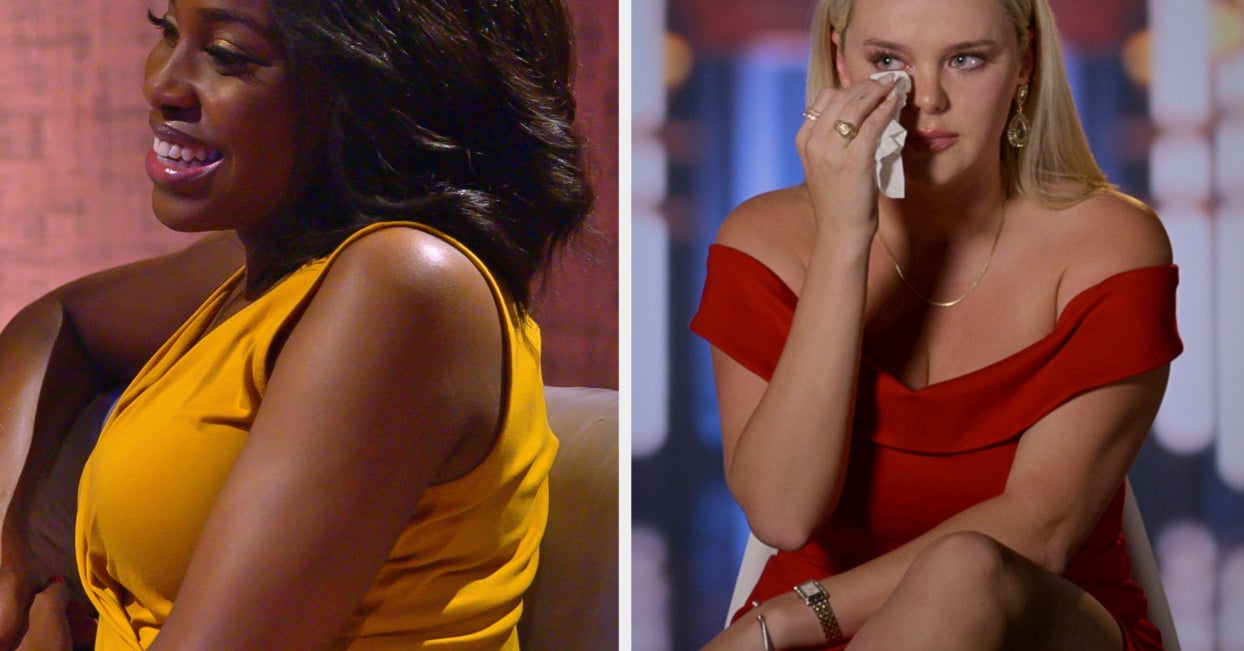
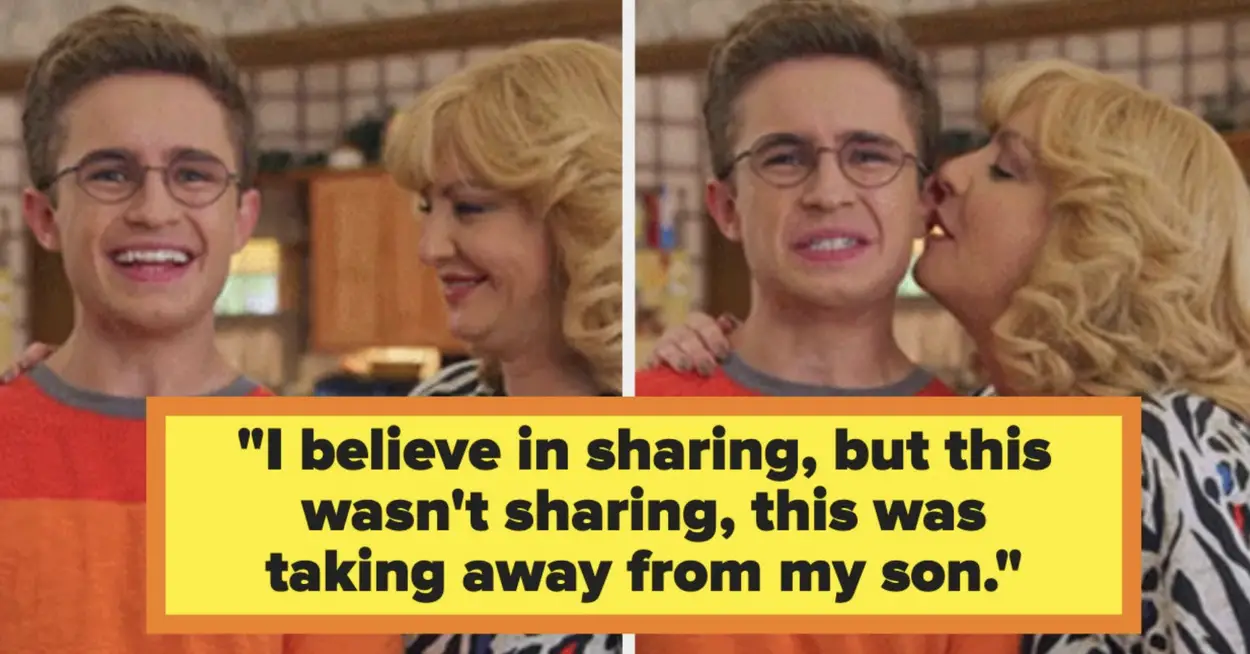
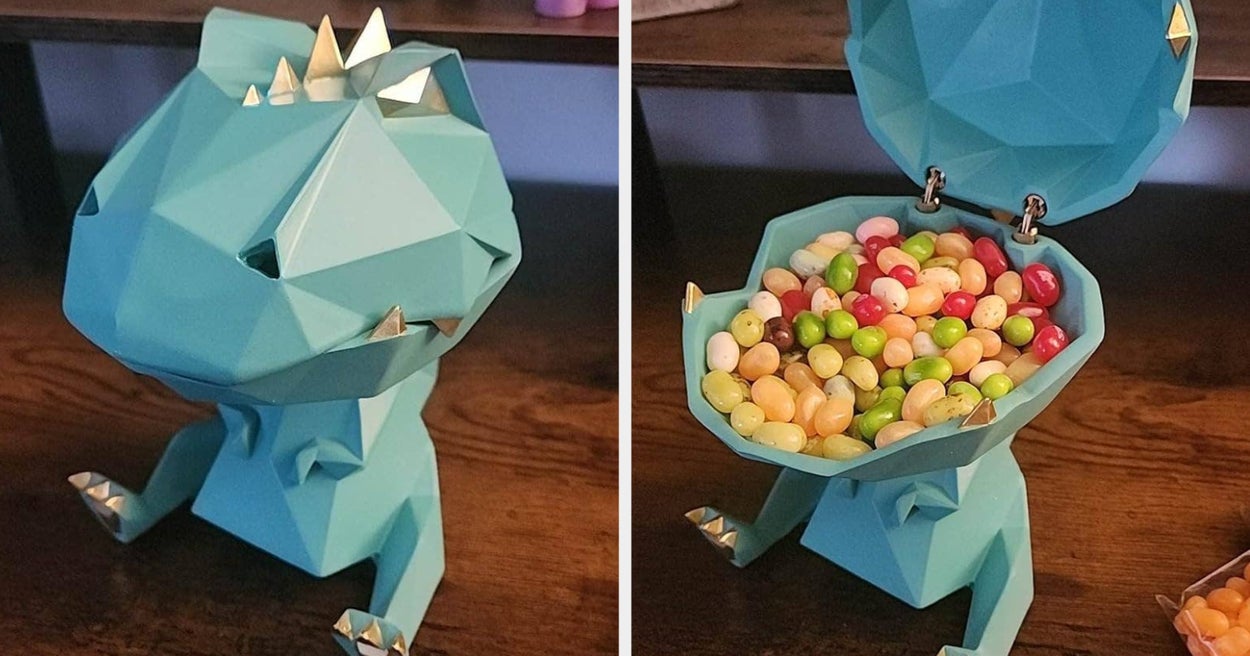

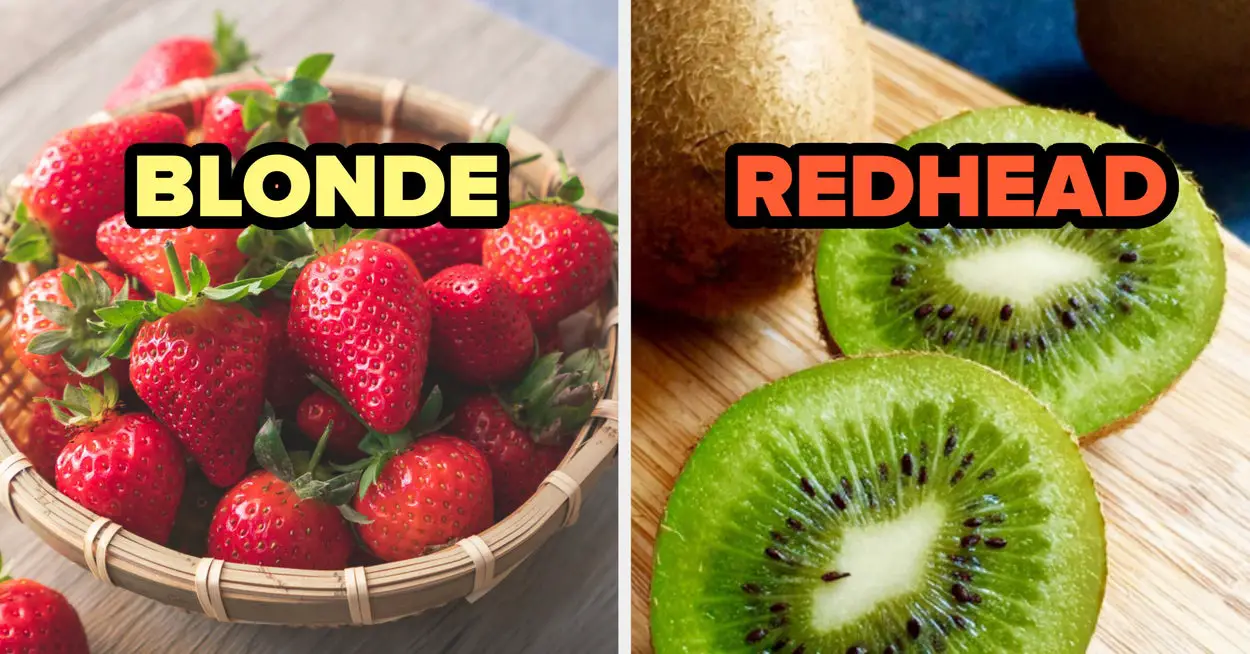
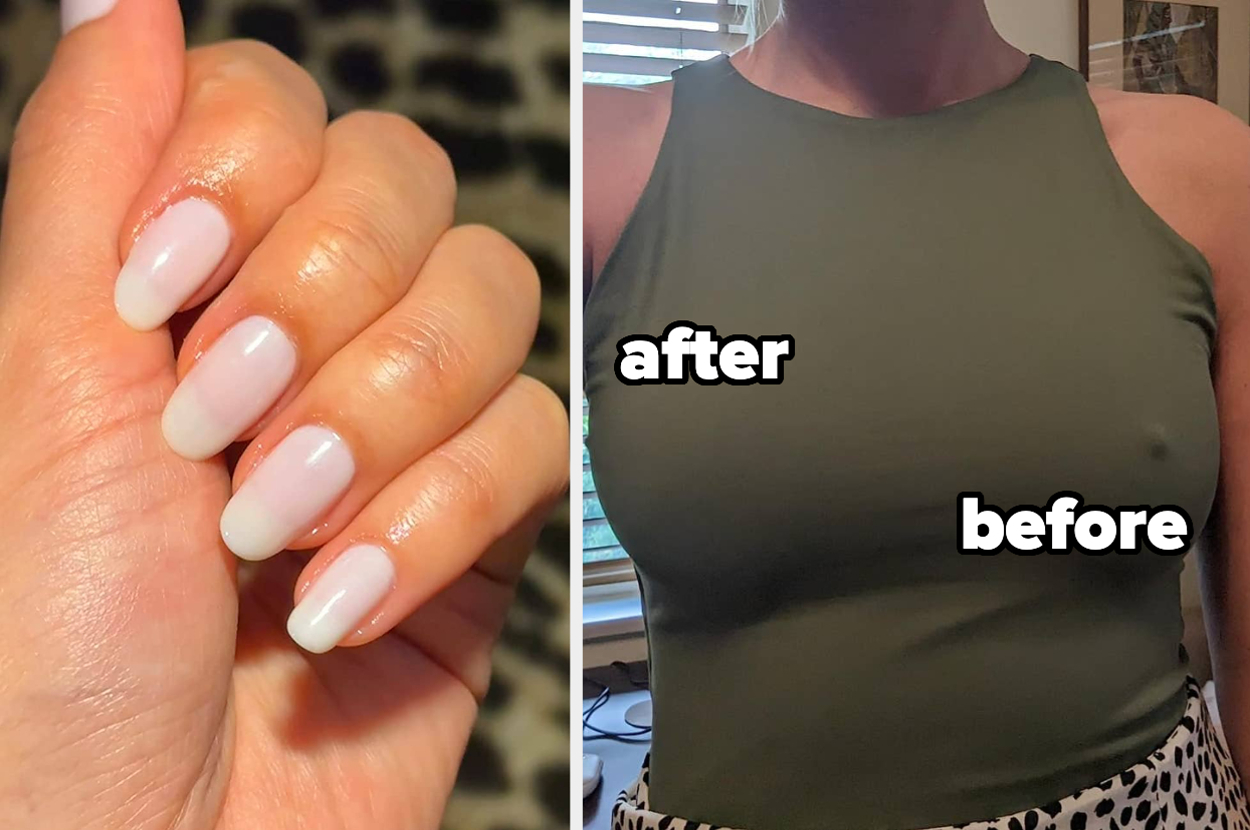
Leave a Reply